Recently appointed, Managing Director for Audi Volkwagen Middle East, Benoit Tiers spoke with us at the 2016 Qatar Motor Show, where the two German brands strong showing and regional reveals took centre stage in elevating an important national event to a quasi-regional one.
Taking on his role in the Middle East last June after holding the same position in Audi’s French and Indian operations, Tiers spoke frankly and in detail on a wide range of topics, including the Volkswagen’s recent emissions issues and what the future holds for the group. With a challenging year ahead due to prevailing oil prices and regional conflict, but with the prospect of a new and hungry Iranian market, Tiers outlines Volkswagen’s and Audi’s expectations.
Meanwhile, with alternative and autonomous drive technologies on the brink of transforming the global automotive sector, Tiers explains the issues, challenges for such a future, and how they specifically pertain to the Middle East and Jordan.
 GM: The Volkswagen Group has a particularly strong showing at the Qatar Motor Show this year. Do you see the event as an up and coming regional rival to the Dubai Motor Show, or more of a significant and somewhat niche national event?
GM: The Volkswagen Group has a particularly strong showing at the Qatar Motor Show this year. Do you see the event as an up and coming regional rival to the Dubai Motor Show, or more of a significant and somewhat niche national event?
BT: The Qatar Motor Show is important for Qatar. It is also important for the region, but I don’t see a fight against Dubai. I see here an opportunity for us as a group to show the best of our product to a country where we have specific needs, and I’m very happy we could introduce such sporty models to the Qatar Motor Show, because those are the sort of cars we know the Qataris like. An I’m happy there is more than one show in the region.
GM: The Volkswagen Group’s emissions testing issue with the (US) Environmental Protection Agency is not the first such incident in the auto business and there has been speculation of similar practices. Was Volkswagen unfairly singled out for scrutiny?
BT: This is a very important topic for our group, and the group is doing everything it can to solve those problems. There have been things that should have been done differently and they have to be fixed. Our main focus is to gain trust from our customers again. This is what the group is focusing on, with technical solutions to be implemented before the end of 2016 to all cars which are involved. So we are in a good way, there is a lot of work to do, and we hope this regain customer confidence.
GM: The whole affair has been a costly and unfortunate one in both monetary terms and in denting Volkswagen’s otherwise enviable brand equity. Where does Volkswagen go from here iun and how does it regain consumer confidence to previous levels?
BT: On a short term, the first thing is to fix the cars to our customers, so there’s a huge recall which is happening in Europe and the US, for all cars to be set up to the right software. In the mid and long term, the group is investing a lot to develop further options of alternative drive, and we believe in the future of those alternative drives. Volkswagen has already presented the Golf GTE, for instance, the full electric car, and Audi is planning to introduce a full electric vehicle by 2018.
In the meantime, already in major markets like Europe, we have the E-tron version of Audi, which allows the hybrid car to run fully electric for 50km. This car is extremely successful, so that means the future of the group comes with investment and the new products we’re going to offer. On that matter the management is committed to go even further.
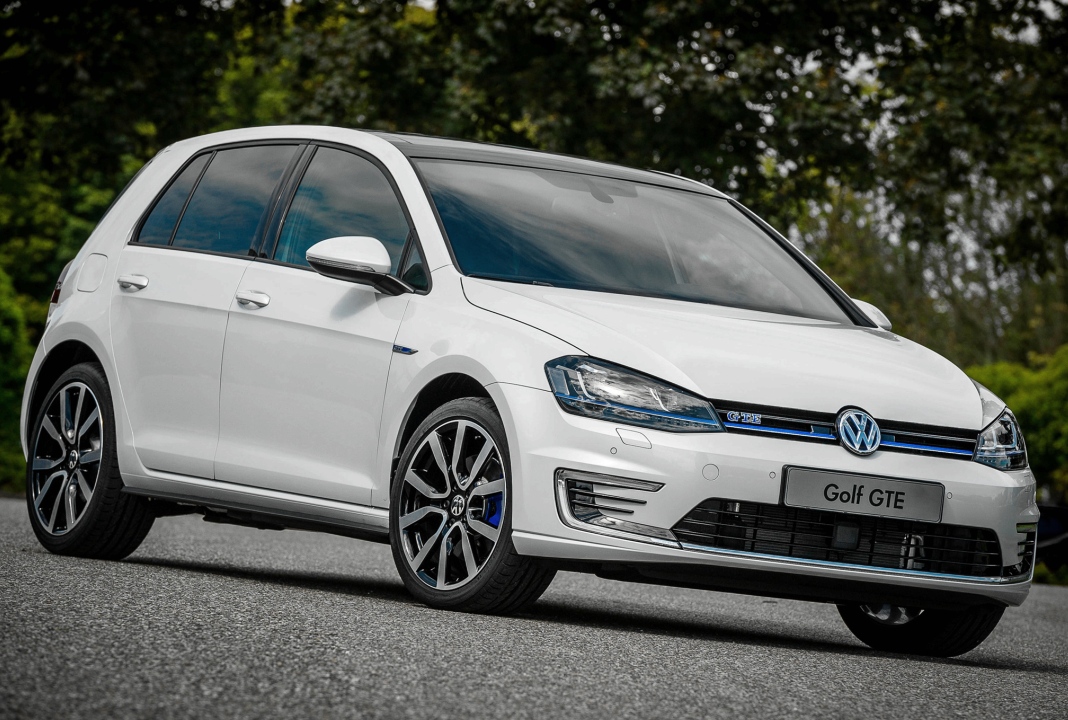 GM: The emissions issue specifically pertains to diesel engines, but what has been the fallout, if any, in the Middle East, which is not a diesel intensive market, and where diesel passenger cars are outright banned, such as in Jordan?
GM: The emissions issue specifically pertains to diesel engines, but what has been the fallout, if any, in the Middle East, which is not a diesel intensive market, and where diesel passenger cars are outright banned, such as in Jordan?
BT: We actually don’t sell any diesel passenger cars from Volkswagen and Audi in the Middle East, so we are not concerned by any diesel issues here in the Middle East.
GM: But in terms of perceptions, has it rubbed of negatively here?
BT: We have no feedback about any negative things. We are in close contact with the authorities, locally in different markets, to explain the strategy and what is available in the market. Things have been very clear and there is no negative feedback as such at the moment.
GM: Audi has been perhaps the most aspirational of the premium German brands during the past few years, what’s on the horizon for Audi?
BT: Lots of things. If you look at this year only, in Qatar, we just introduced five new models. The Q7 was just launched, the new A4 is arriving, the R8 is on the market, RS Q3, SQ5, those are already hitting the roads. But we are also preparing ourselves for the next generation of the other models, and above this, Audi is exploring new segments, especially for instance in the SUV market. There is potential for instance for smaller SUVs in some markets, and this is something Audi is strongly working on to offer to customers in coming years.
 GM: Has Volkswagen been more closely linked toi the emissions issues than other group brands such as Audi?
GM: Has Volkswagen been more closely linked toi the emissions issues than other group brands such as Audi?
BT: Whatever group brand has been concerned by any engines with the issue, it will be solved for all other brands. We take all our customers very seriously, so all software or hardware solutions that are being implemented will be implemented on any car running those engines. Once again it is important to stress that we don’t have those engines in the Middle East. All the engines available in the Middle East are fully compliant with the regulations of the countries here. I think this issue is a big topic for the group, but it doesn’t affect the business in the Middle East.
GM: Has the sustained drop in oil prices and Saudi Arabia’s extensive depletion of foreign reserves affected Volkswagen’s and Audi’s sales in the region? And conversely, have more affordable fuel prices emboldened customers in some regional markets?
BT: In 2015, there were two times in that year, before and after the drop in oil prices. I think that not only the auto industry and market, but also other industries are looking at this oil price as a risk for development. Is the risk assessed, I can’t tell you right now. The region has no official registration data to allow us to clearly analyze if there was an affect in 2015 of this market drop. The analysis we make from our internal figures is that the market is more stressed in the second half of 2015, that there is more offer from the competition, that there is more stock at the dealers and that means it is a bit more difficult.
We expect 2016 to be a challenging year for the automotive market in the region, and for Audi itself, we are looking at stabilizing the volume between ’15 and ’16. So we are basically aiming for the same figures for 2016 that we achieved in 2015. In other words, we don’t see a dramatic collapse of the market, we don’t see a huge market crisis, which we would consider anything structural. It will be a stable market, or at least a market that we can have a stable result.
GM: What about Jordan in particular?
BT: Jordan is a very specific market in the region, because the regulations towards electric and hybrid vehicles pushes that market into a very high share of non-pure petrol engines. This is really specific to Jordan, so we have to look at that market from a different angle than other markets. We can’t take the trend of the GCC and apply it to Jordan, because of the specific electric and hybrid incentives from the Government.
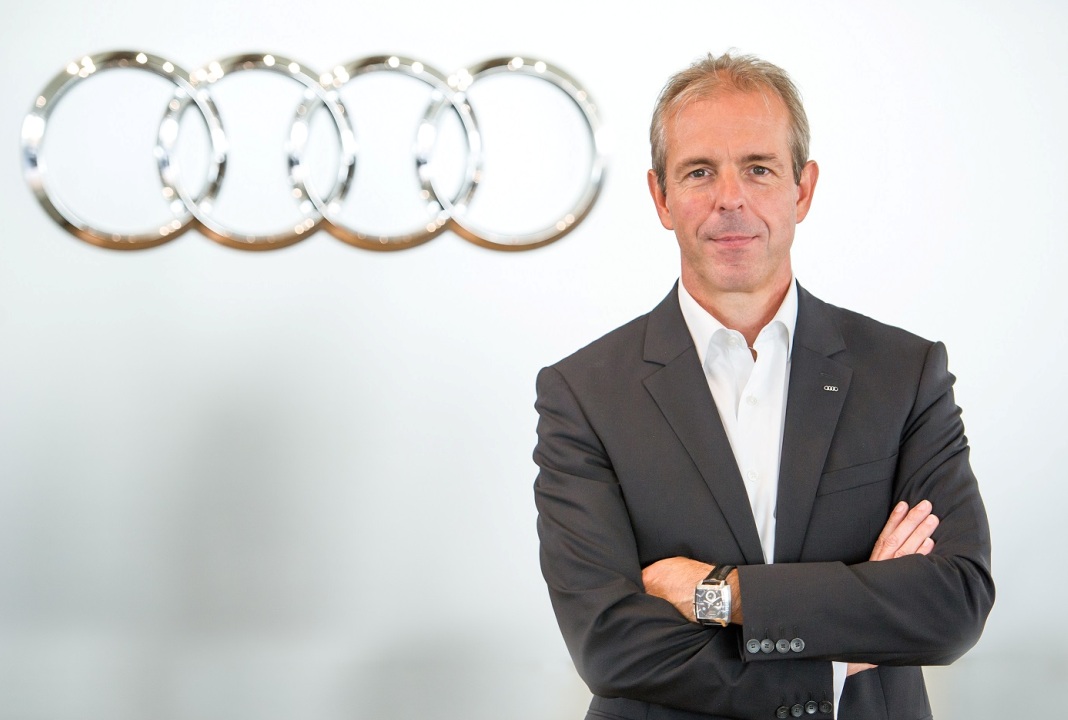 GM: Will the anticipated end of Iranian sanctions be the expected sales boon, or will low oil prices and continued conflict dampen such an effect?
GM: Will the anticipated end of Iranian sanctions be the expected sales boon, or will low oil prices and continued conflict dampen such an effect?
BT: It’s a bit early to say, but of course if a market the size of Iran is suddenly opening to foreign investment and to imports, there is a potential for our brands. Now, it will take time and you don’t create a network overnight. So whenever the sanctions will be officially released, then we’ll be able to comment more.
GM: Will Iran come under the purview of Audi Volkswagen Middle East?
BT: It’s not decided yet.
GM: Do you think that low oil prices and oversupply combined with greater combustion engine efficiency and lightweight construction will reduce demand for and investment in hybrid and electric vehicles, especially in the Middle East?
BT: At the moment, in the Middle East, hybrid and electric vehicles are a very low market share, very limited. There are two reasons behind it. One reason is customers’ wish to drive big petrol engines, because petrol being cheap, it’s not a big concern. The second reason, and it’s less known by customers, is that an electric car runs with batteries and needs not only an infrastructure to be recharged but needs to be able to cope with extreme hot weather that you have in the region. If you run an electric car with a battery and need to have you’re A/C running full speed all the time, it depletes your batteries very fast.
So, to be able to offer our customers a real car that can run in those regions, it is not only to have charging stations, it is also to have batteries that can cope with the extreme usage of air conditioning in the region. This being said, apart from technical requirements, demand in the market is very low. The willingness of our customers to buy and electric vehicle as of this day is still very low. We believe at Audi that the trend will come, so we will get cars ready and when this market will open up, then hopefully we can introduce them. We are already planning cars for Europe, the US and other markets, and if the Middle East opens to this technology in future, Audi will definitely have an answer.
GM: Some regions of the US are just as hot as the Middle East…
BT: Going to the Middle East, you have two ways of doing it. You take your car from Europe and you launch it here, and you deal with the problems. Or you make your car ready for the market. Our choice is to make sure that the car we introduce in the Middle East is ready. That’s why, for instance, the Audi R8 is coming to the Middle East a little later than Europe, because we wanted that car tested and designed to be run in these extremely hot conditions. Otherwise you make your customers disappointed, because you will face serious issues.
The same goes for hybrid and electric vehicles. Some cars already exist in the world, but to launch them in the market, we need to make sure that they are 100% ready for it, and that’s our strategy. What would you think if you buy a car that can do 250km in Europe but can only do less than a hundred here? You would say that’s not what I expected.
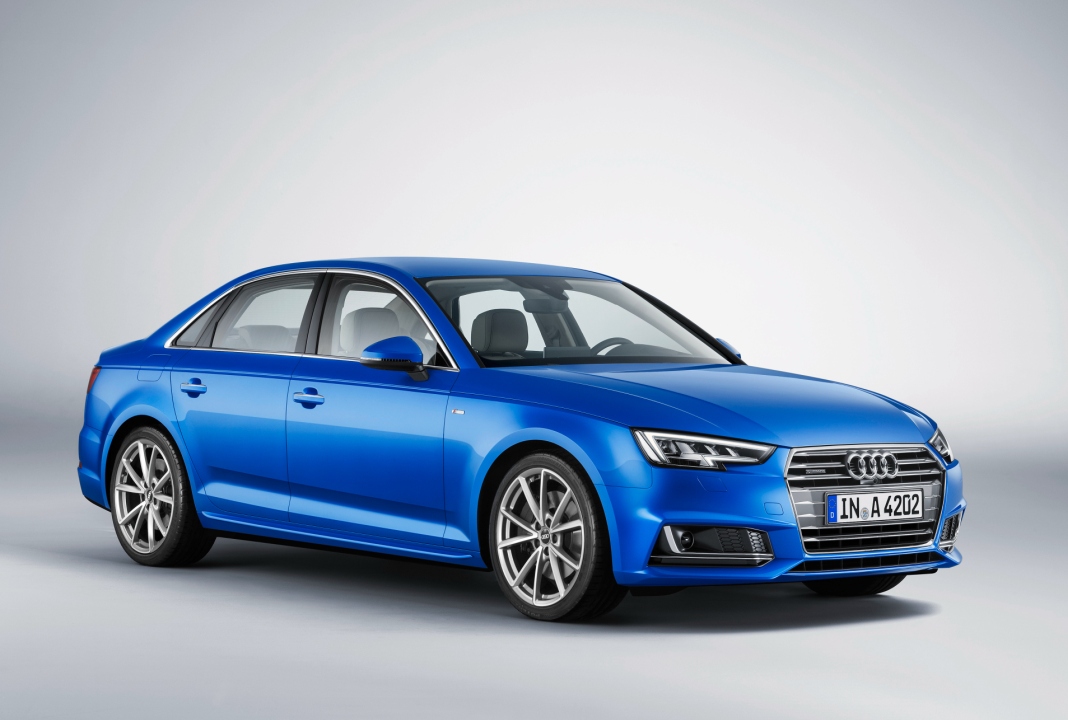 GM: Given the advances in autonomous driving technology, even on volume cars such as the Audi A4, do you think that we will see self-driving cars anytime soon?
GM: Given the advances in autonomous driving technology, even on volume cars such as the Audi A4, do you think that we will see self-driving cars anytime soon?
BT: Will Audi have autonomous driving in future? I’m sure yes. The answer is not if, the question is when. As you could see from all we presented in the past, we have this technology already there. If you look at the Q7 today or A8, you will have already a lot of devices that are going to be used in autonomous drive. Let’s take an example: self-regulating cruise control, lane assist, Audi pre-sense for front and rear of the car. All these features with cameras and radars are meant to be used combined in the full autonomous drive car.
Now, to get a car full autonomous, you need to have infrastructure for it, and the legal environment. Because behind the car that you don’t touch the wheel, you have to make sure that it’s legally feasible. So before we launch a car, we also need to make sure the market is ready for it. So, it will come. You will see in every new model we introduce in the future more and more autonomous driving devices, and there will be a day where the car will not require the driver to use the steering anymore. But will it be five, seven, ten years? I can’t tell you right now.
GM: What about insurance issues with autonomous driving? Who would be responsible if something does go wrong?
BT: That’s one of the topics that needs to be checked. In Europe already the Vienna Convention has been amended last year. The convention gives rules about how people should behave in a car and it was compulsory for a driver to keep both hands on the steering wheel. Now it’s allowed for an autonomous car that the driver is not touching the wheel 100% of the time. So, already the global convention is evolving, and then locally, each of the markets has to decide if they authorize autonomous cars into the market or not, and then who is responsible for what.
GM: would that work out in some markets in the Middle East in regards to personal liability…
BT: We have to remember that an autonomous car still needs a driver behind the wheel. We are not talking about a car without a steering wheel. So, when it comes to responsibility, we as manufacturers will still ask the driver to be ready to take over at any time. All legislation has to adapt. In the automotive industry people always ask, like the chicken and egg, what came first, cars or roads? Cars came first and then we built roads. Nobody built roads waiting for cars to come in. It’s the same here, legal texts and laws will evolve as the technology comes and proves.
When we prove that those cars are safe, then the legal context will adapt accordingly. Apart from legal issues, what we will not take as a manufacturer is any risk. We can talk about who is responsible but we will not launch a car if it’s not fully safe for our customer, because at the end of the day, we don’t plan to lose customers.




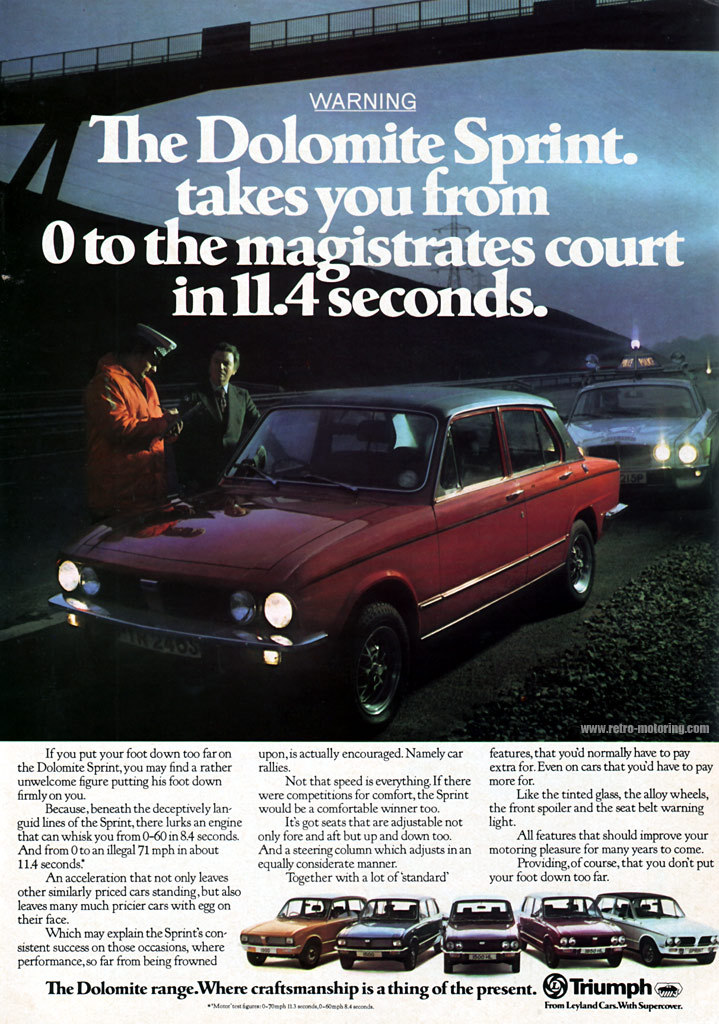
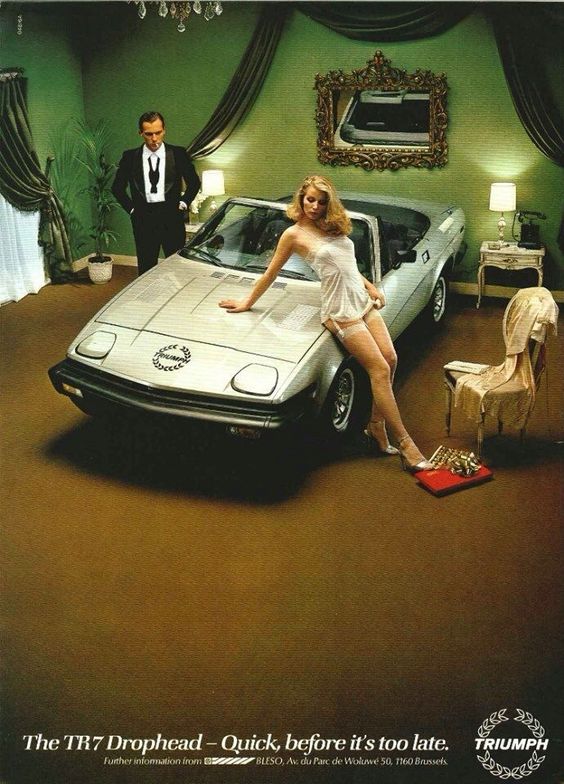
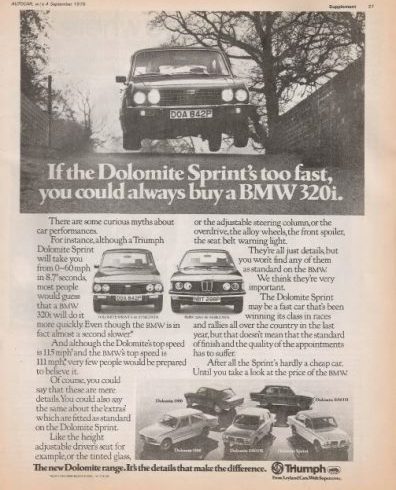





















Recent Comments